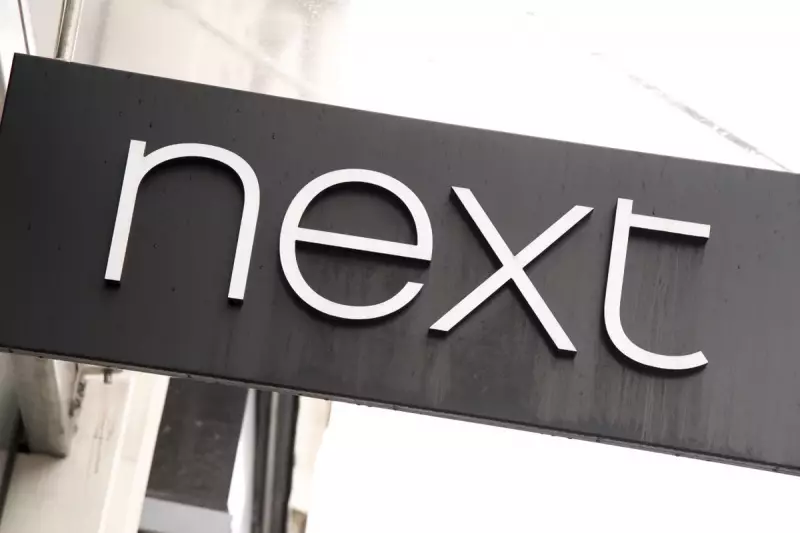
Marks & Spencer (M&S) was rocked by a substantial investor rebellion on Tuesday as shareholders delivered a stinging verdict on the retail giant's leadership structure.
Nearly a quarter of voting investors, representing 22.7% of the share capital, opposed the re-election of Chairman Stuart Rose at the company's annual general meeting. The revolt highlights deep-seated concerns over corporate governance, specifically the controversial decision to allow Lord Rose to hold the dual roles of Chairman and Chief Executive simultaneously.
The core of the shareholder discontent stems from a fundamental breach of the UK's Corporate Governance Code, which explicitly recommends a clear separation between the roles of chairman and chief executive. Major advisory groups, including the influential Institutional Shareholder Services (ISS), had strongly urged clients to vote against Lord Rose's appointment, catalysing the significant protest.
Despite the powerful backlash, the resolutions were passed due to the overwhelming support from the majority of shareholders. In his address to the meeting, Lord Rose defended his position, stating his dual role was a "necessary response to an exceptional situation" following the departure of his predecessor. He assured investors that splitting the roles remained the "firm intention" of the board, though a specific timeline was not provided.
The AGM, held in London, also saw notable protests against the re-election of senior independent director David Michels and the remuneration report, with 9.7% and 8.7% of votes against, respectively. This signals broader unease about board leadership and executive pay at the high-street bellwether.
This shareholder revolt places M&S under intense scrutiny and adds pressure on the board to accelerate its timeline for appointing a new, independent chairman to restore confidence in its governance practices.





